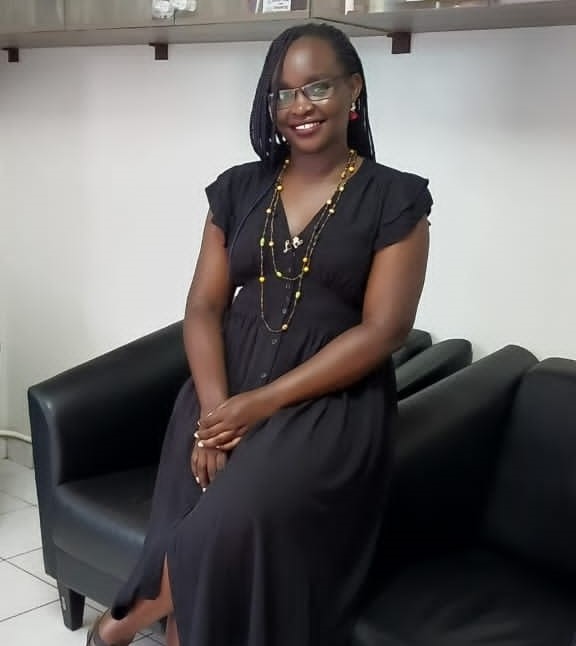
- Customer Service, help library users locate books, resources, and information. Answer questions and provide guidance on using library services.
- Circulation Desk Duties that is check books in and out, manage holds and reservations, Registration of students to the Khoha and handle fines or fees.
- Collection Maintenance through Shelving Books and other materials as well as Shelf Reading
- Administrative Tasks such as Cataloging and update library database and Record Keeping.
- Support in Library Programs and Events such workshops, and events.
- Help with community outreach initiatives and promotional activities such as world health day carried out each year at CUU.
- Technology Assistance to patrons in using library computers, software, and the internet.
- Digital Resources: Provide support for accessing and using digital resources such as e-books, online databases, and other electronic materials.
- Assist in organizing and maintaining special collections or archives.
- In terms of Professional Development I Participate in training sessions to stay updated on new library services, technologies, and best practices.
- Work with other library staff on projects and initiatives to improve library services.
- I ensure that the library environment is clean, welcoming, and conducive to study and research.
- Monitor the library for any safety or security issues and report them to the appropriate personnel with the help of the security staff in place.
- Communication is a vital aspect in our library and the university at large. So I keep in in regular contact with library my colleagues to coordinate tasks and share important information.
- We also ensure that we communicate effectively with patrons to provide excellent service and address any concerns or inquiries.
Open Access is the practice of providing free and unrestricted online access to scholarly research outputs, such as journal articles, conference papers, theses, and sometimes books.
- Open access can entail for example where Articles are freely available on a website after it was published.
- Also some sites are paid for by the institutions for their students to be able to access the materials at a small cost
- Also through repositories of various universities, we can access articles, dissertations and other published materials where it is freely accessible.
- The advantage of the Open access is that it Increases the visibility and impact of research. And Promotes knowledge sharing and collaboration.
- Also barriers to accessing information is reduced.
Open Science
- From my own view I did not know much about open science, however from resercah I have got to know that it is an approach to research that advocates for transparency, accessibility, and collaboration at all stages of the research process.
- It is also about open access and has components such as open data, making research data freely available for others to use, reuse, and reproduce.
- Open Methodology which is sharing detailed methods and protocols to ensure research can be replicated and verified.
- Open Source, that is using and developing open-source software for research purposes.
- Open Peer Review that is making the peer review process transparent by publishing reviewers' comments and authors' responses.
- Open Educational Resources (OER), this is sharing teaching and educational materials openly.
- From the above I got to realize that I actually use this in my own research work and it helps to reproduce better work from what the other person had and also brings about collaborations.
Now to open Scholarship, I also sis not have mush knowledge on it however I found out that it is a concept that encompasses open access and open science, the two aspects already mentioned up in promoting openness in all forms of scholarly communication.
- It involves making scholarly work, including research, teaching, and public engagement, more accessible and participatory.
- The aspects to open scholarships includes open research that is adopting open science principles in conducting and disseminating research.
- Open Education that is sharing educational resources and teaching practices openly.
- Open Engagement, which is engaging with the public and other stakeholders in the research process and dissemination.
- Still this is beneficial in a way that it Promotes inclusivity and enhances public understanding and engagement with research. Fosters a culture of openness and collaboration in academia.
- My broader expectation is to properly Understanding DataCite Services. That is get to understand what it is and what services does it offer to me as a librarian. What are the benefits of using DataCite for researchers and institutions such as CUU.
- How Open Scholarship promotes transparency, reproducibility, and wider dissemination of research findings.
- Hands-on training on how to use DataCite tools and platforms.
- Data management best practices, including metadata standards
- How can CUU as an Institution in Uganda adopt and implement DataCite services.
- Will there be an opportunity for networking with other researchers, librarians, and data managers in regards to this training
- Will we have access to the workshop presentations, slides, and other resources after the event.
